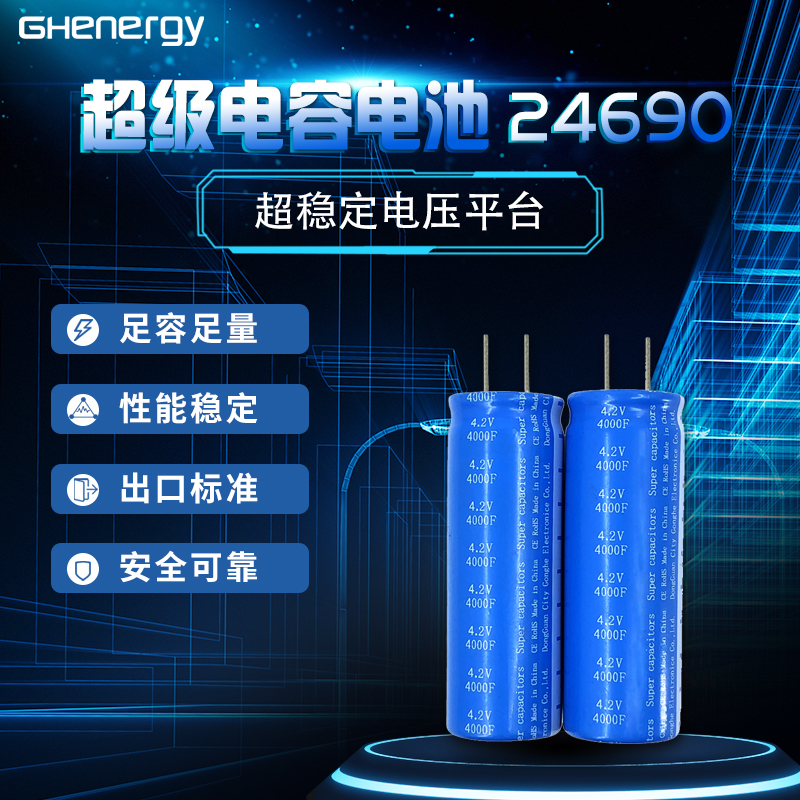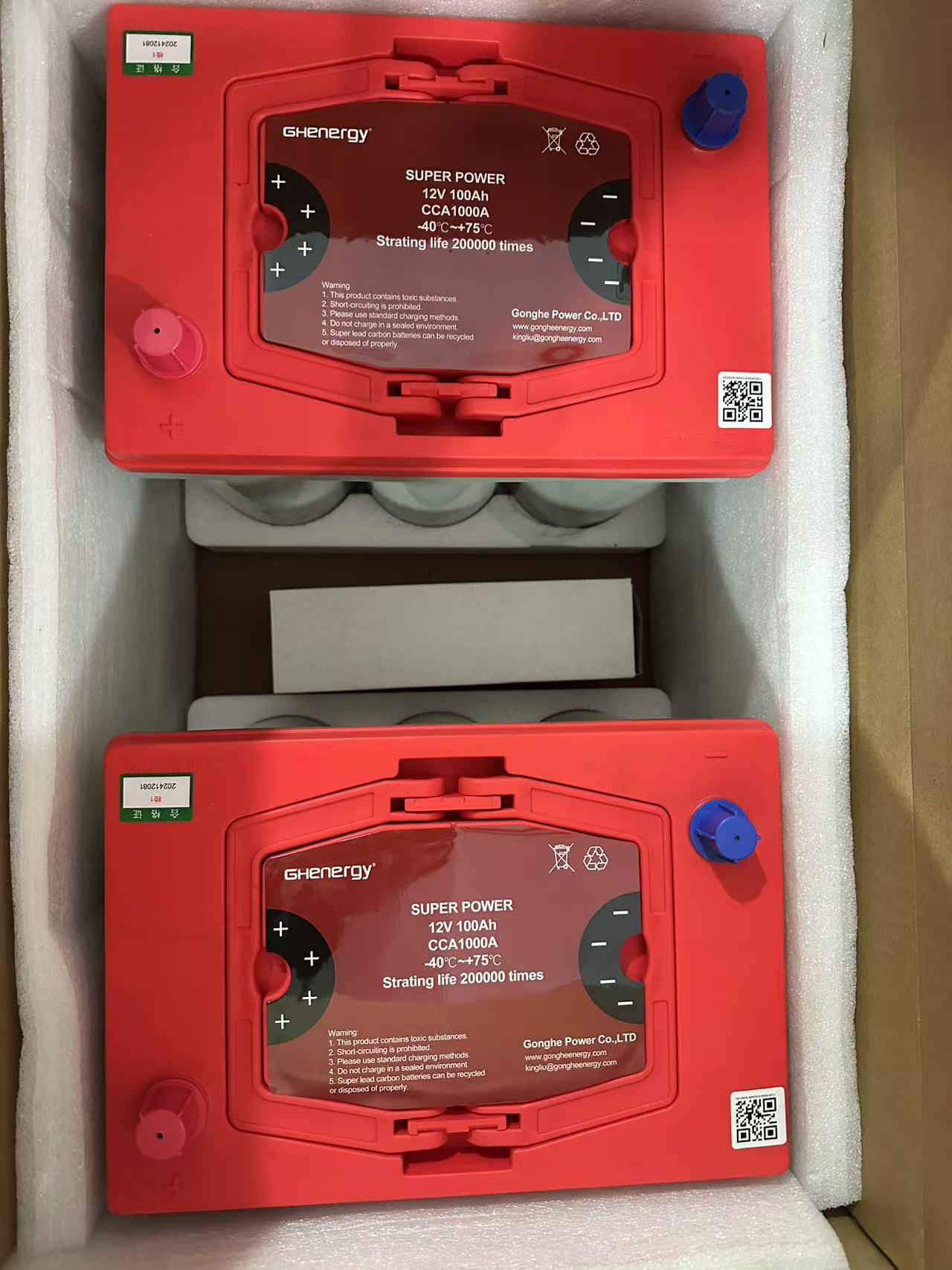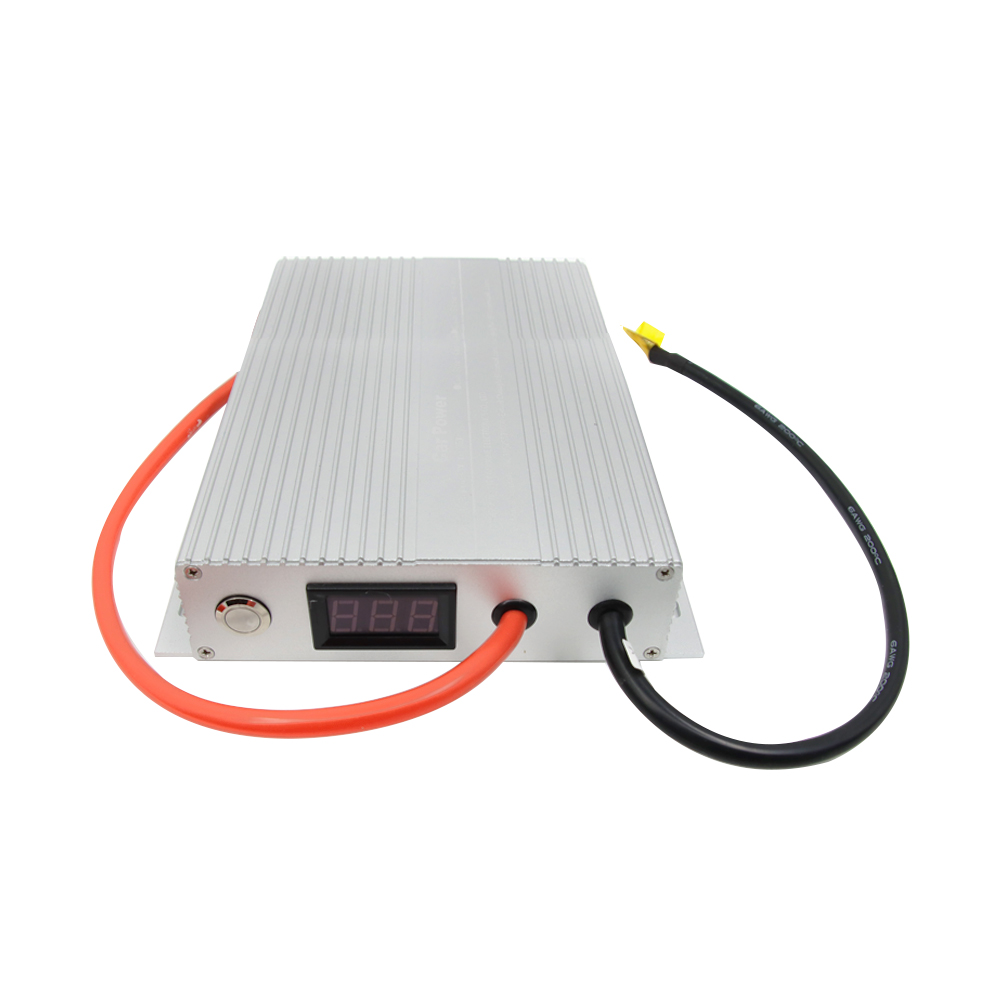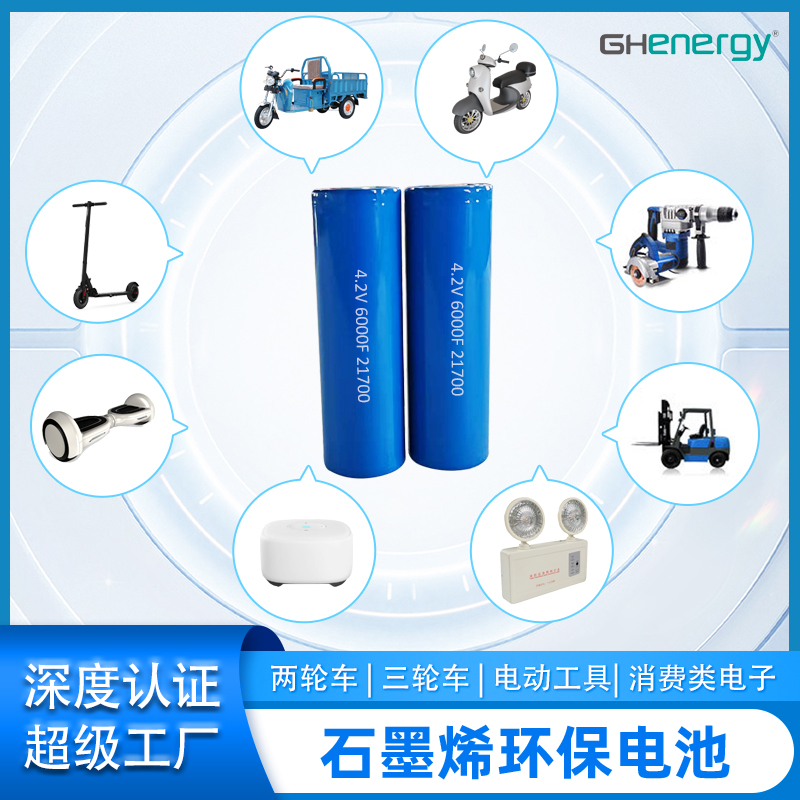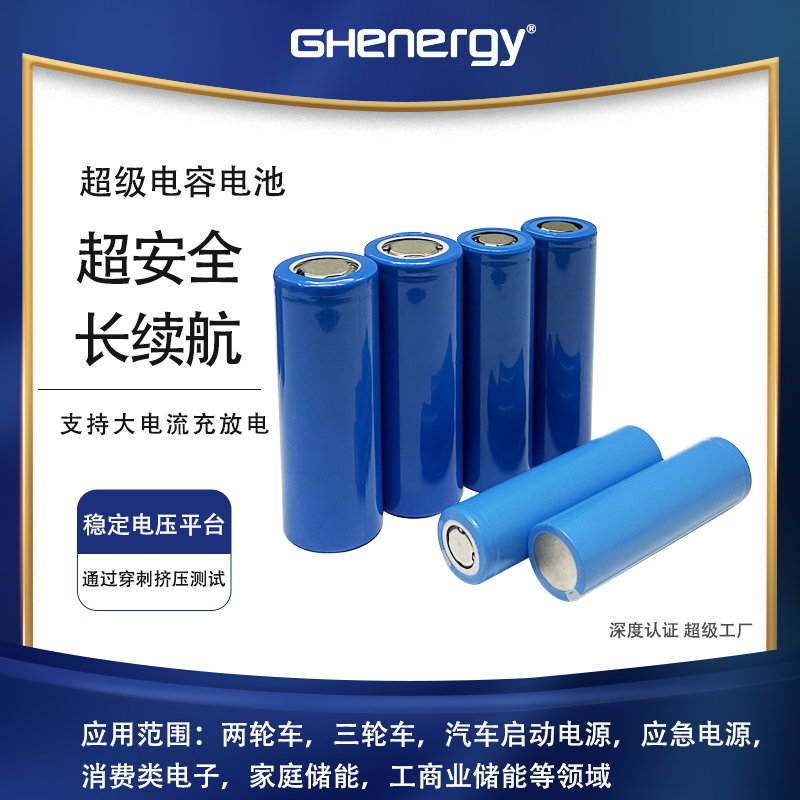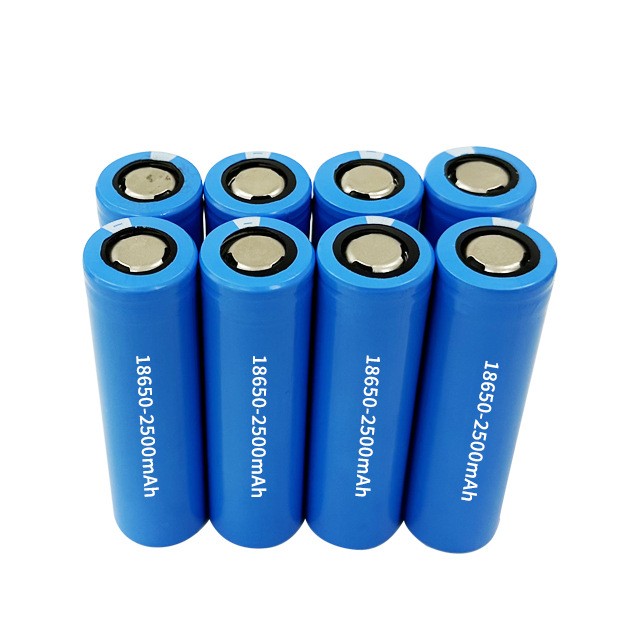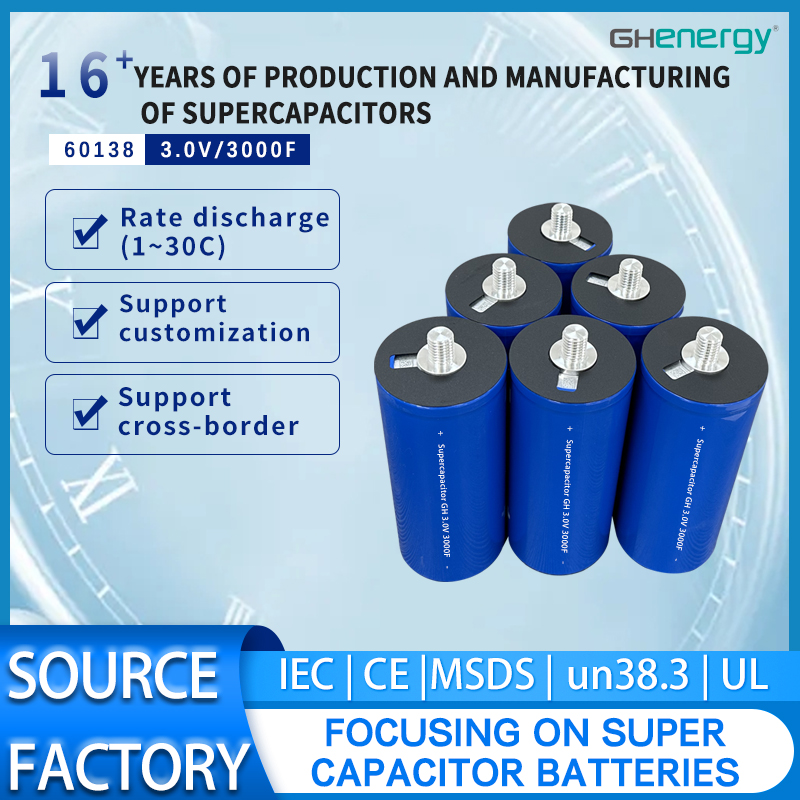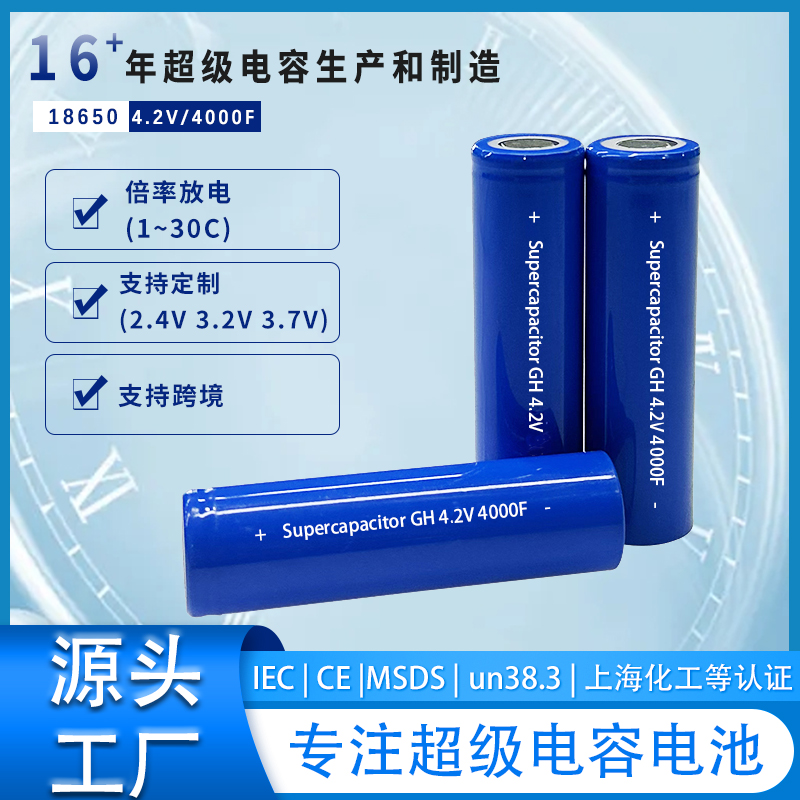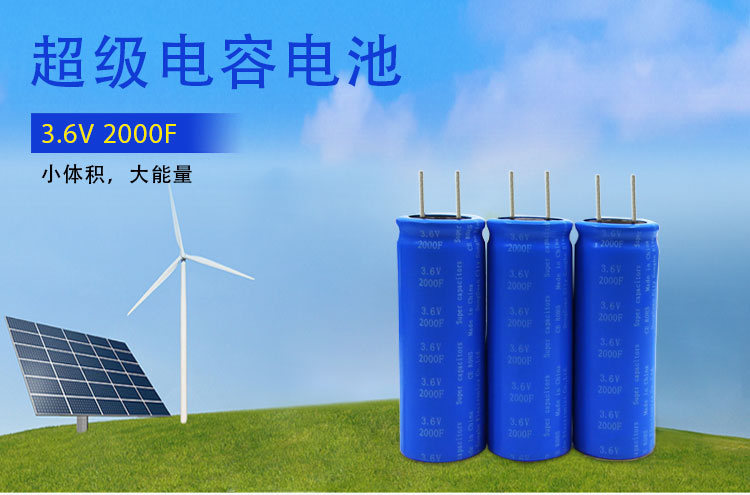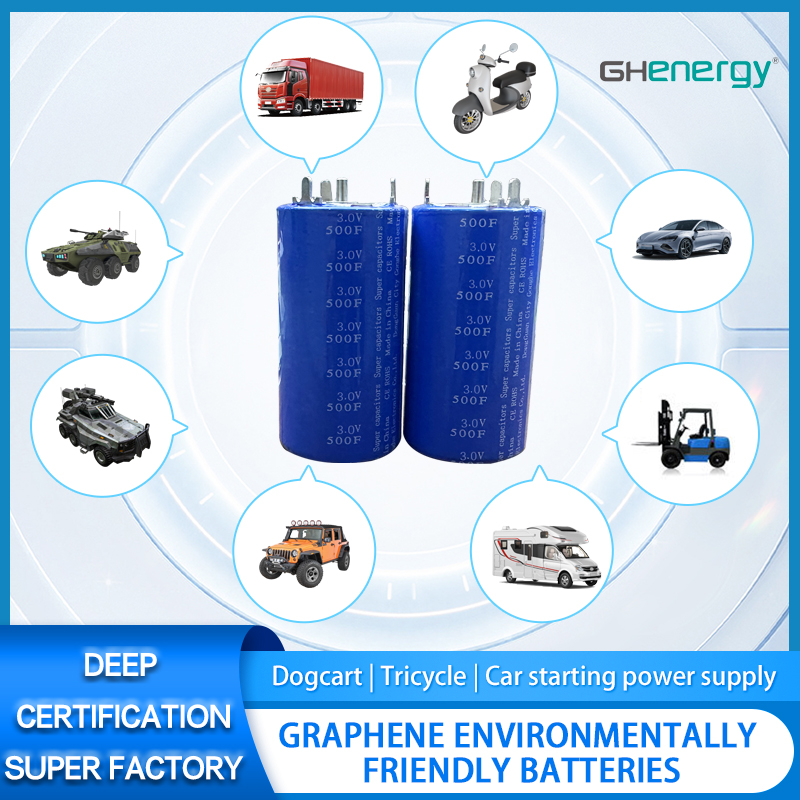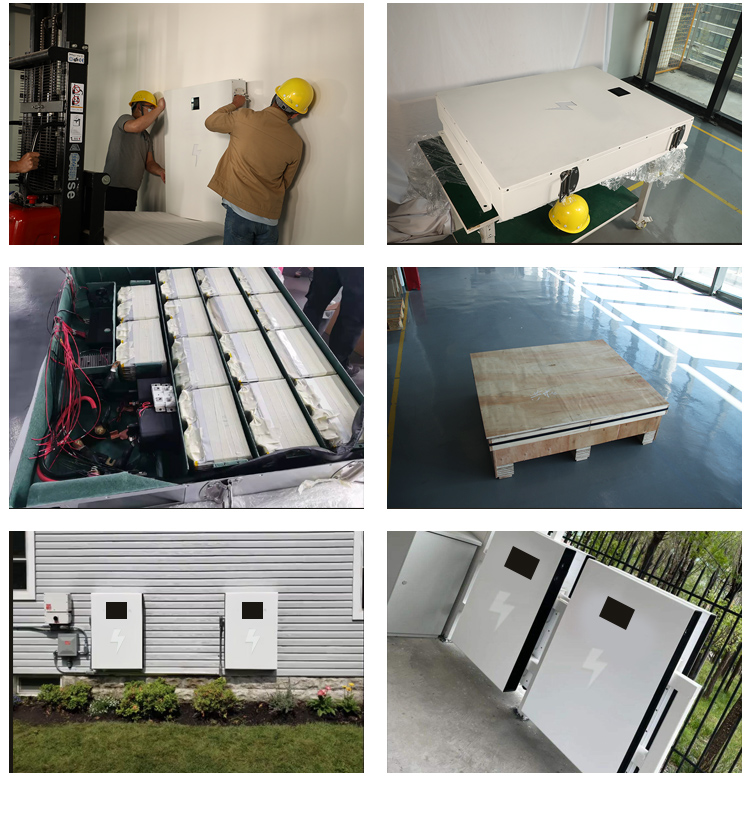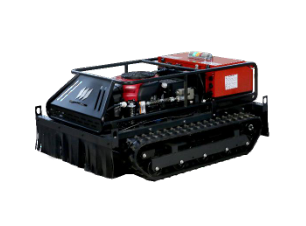Wedoany.com Report-Jan 10, The U.S. Department of Energy’s (DOE) Water Power Technologies Office (WPTO) has allocated $800,000 for eight projects designed to advance hydropower and marine energy innovation across the U.S. to foster entrepreneurship, streamline commercialization, and support small business growth in the water power sector.
“Energy harnessed from the movement of water has an essential role in providing reliable, renewable power to millions of Americans and even for industries out at sea,” said WPTO Director, Matthew Grosso.
“By supporting programs and services for water power entrepreneurs and small businesses, these projects have incredible potential to help create businesses and advance innovation and economic development in communities across the country.”
According to WPTO, hydropower accounts for about 27% of the utility-scale renewable electricity generation in the U.S. and nearly 6% of the country’s total electricity output. The sector is said to play an important role in maintaining grid stability, ensuring consistent power supply for both residential and industrial consumers.
Meanwhile, marine energy technologies hold untapped potential. According to WPTO, if adequately harnessed, marine energy resources could theoretically cover nearly 60% of the country’s total electricity generation.
Each of the eight selected projects will receive $100,000 to support their initiatives over the next six to nine months. Following this phase, up to four projects will be chosen for additional funding of up to $1 million each, enabling them to continue their development efforts over three years.
Among the selected initiatives, Blue Power Accelerate, led by 401 Tech Bridge at the University of Rhode Island Research Foundation, aims to address supply chain gaps in marine energy and hydropower ventures. The program is said to provide incubation and acceleration services to at least 15 teams, with FedTech as a partner on this project.
Washington Maritime Blue’s Blue Ventures for the Pacific Northwest Water Power Program intends to drive sustainable innovation in marine energy and hydropower. Based in Seattle, the team is set to launch an incubator for startups, recruit mentors, and develop resources tailored to water power challenges. Project partners include the National Renewable Energy Laboratory, Pacific Marine Energy Center, Pacific Northwest National Laboratory, and Pacific Ocean Energy Trust, WPTO noted.
In California, WPTO said that Braid Theory will lead the Constructive Interference to Impact (CI2I) project, offering a support framework for marine energy startups transitioning from ideation to commercialization. The initiative will leverage existing resources and programs while collaborating with AltaSea at the Port of Los Angeles, Ocean Exchange, and Seaworthy Collective.
Fedsprout, based in New Jersey, will spearhead the Supporting Water Innovation and Marketplace initiative by creating a modular accelerator focused on hydropower and marine energy technologies in the northeastern U.S. According to WPTO, this program will enhance financial modeling, business planning, and regulatory compliance tools to support startups. Project partners include ACT Institute, Camoin Associates, and Catalyst Strategies.
VentureWell in Massachusetts plans to roll out its Investor Readiness Training Program, Ascend, which is designed to prepare hydropower and marine energy startups for investment. The 10-week hybrid program will offer two annual cohorts and help startups build partnerships and secure funding.
Launch Alaska will focus on addressing gaps between emerging technologies and deployment through its Water and Alaska Vital Energy Systems (WAVES) program. This effort targets the state’s vast untapped water power potential and will offer services such as market analysis, regulatory guidance, and investor connections, WPTO noted.
In North Carolina, Research Triangle Institute International is set to develop a water power accelerator program and curriculum tailored to industry-specific needs. According to WPTO, the team’s gap analysis will inform recruitment strategies and program design, addressing regulatory and environmental hurdles faced by water power developers.
Lastly, Denver-based Realize 2050, will lead the WaterSHED (Sustainable Hydrological Energy Development) Studios initiative, aiming to commercialize dormant intellectual property from universities and national labs. The project is said to identify sector challenges and map intellectual property to these needs, offering a venture-building program to advance water power technologies. Partners include Espiku, Natel, National Grid Partners, and NextEra Energy.
These projects were selected through WPTO’s Water Power Innovation Network funding opportunity.
In early December of 2024, WPTO allocated nearly $2 million to two university-led projects to advance wave-powered desalination technology, for producing clean drinking water, address water scarcity in coastal communities, and aid disaster relief efforts.
